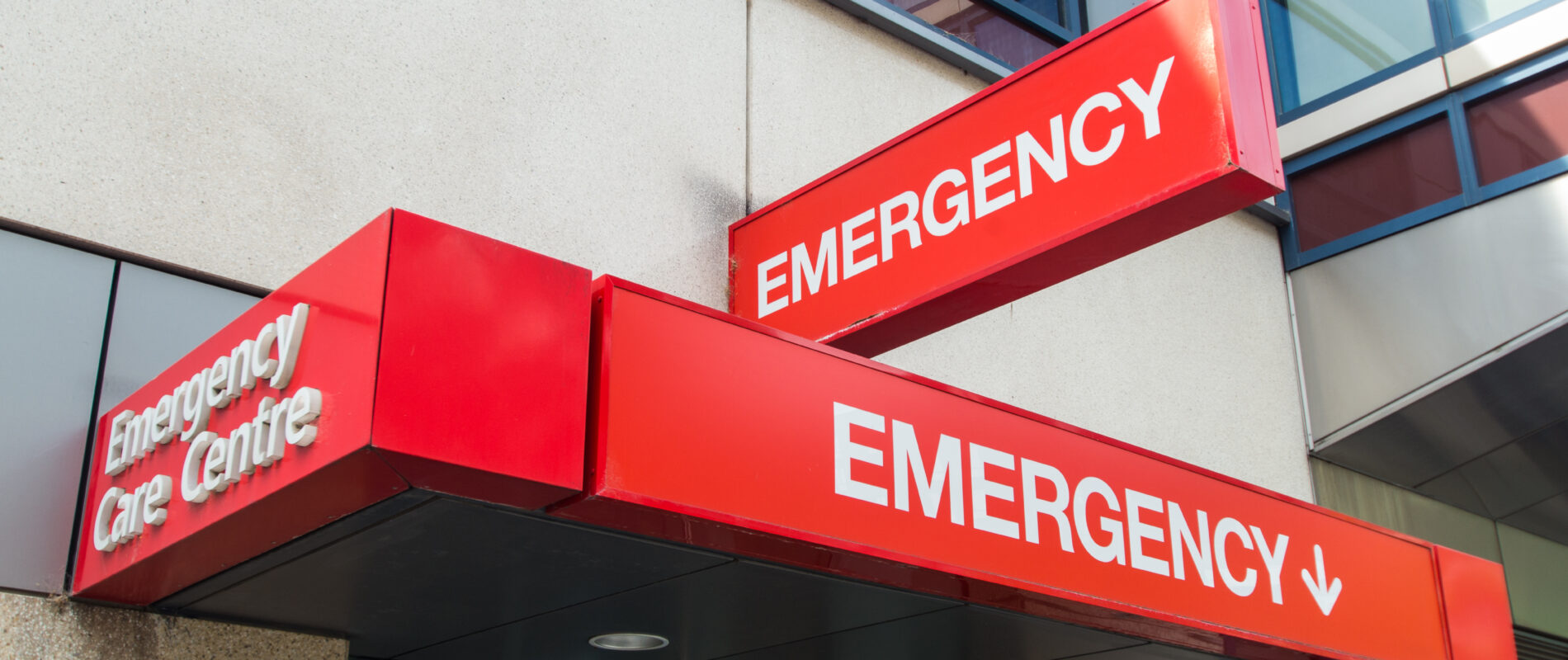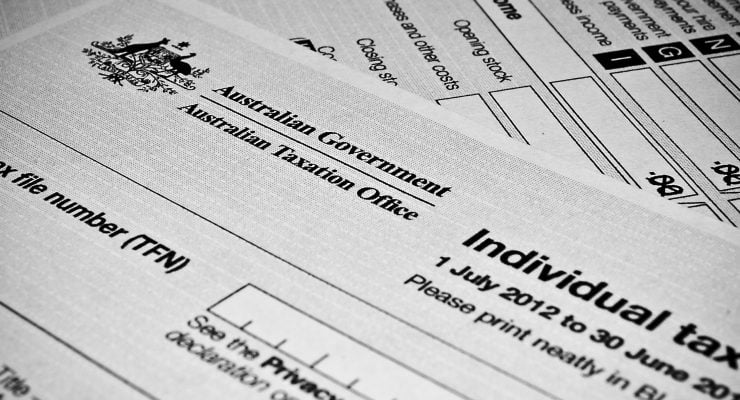When you live abroad, it’s not easy to know what to do in the event of an emergency. If you experience any problems with your health during your working holiday in Australia, this article is here to help.
In an emergency
In case of an emergency illness or accident, you should attend the ED (emergency department). The emergency department of a hospital stays open 24/7 and treats severe illness and life-threatening injuries.
If you have purchased travel health insurance (more on this below), your policy will cover the costs of emergency illnesses, accidents, repatriation, etc.
If you do not have the money to pay for your treatment upfront, don’t worry—speak to the hospital about your situation and possible payment plans. If your situation is urgent, they will be medically required to treat you, even if you can’t pay on the day.
The phone number for the emergency services (police, ambulance, fire) in Australia is 000.
If using a mobile phone, you can also call 112—it connects you to the 000 service without needing a SIM card or pin number (however, you must have cell service for the call to go through).
If you wish to contact a specific regional service, the State and Territory Emergency Services Organisations are listed here.
If you find yourself in a complicated situation and do not know who to contact, you can ask at the embassy or consulate of your country of citizenship. They will be able to direct you to the relevant service.
Consider registering with your country’s embassy when you first arrive in Australia to be notified in case of any major incident or danger (e.g. a natural disaster) in your home country. For more information, read Your first steps in Australia with a Working Holiday Visa.
Health insurance
Purchasing travel health insurance is not a mandatory part of the Australia WHV application process. However, we strongly recommend that every traveller gets insurance that covers the cost of medical care, hospitalisation and repatriation while abroad.
For more information about insurance, read What to know about travel insurance for your working holiday abroad.
In the case of a doctor’s consultation (for accident or illness, not regular checkups) or ED treatment, you will usually have to pay the costs upfront. If you have insurance, you then request reimbursement of these costs from your insurance company.
Pvtistes.net has been recommending
Globe WHV since 2005. They have covered thousands of working holiday makers.
- Their policy has zero excess/deductible, which is the most generous form of reimbursement.
- Unlimited coverage of medical expenses and hospitalisation.
- Tourism outside of Australia is covered up to €150,000 worldwide with no limit on duration of travel.
- Emergency medical expenses are covered during visits to your home country, for up to 30 days and €150,000.
- Scuba diving is covered.
- In the unlikely event that your WHV application is rejected, you can request a full refund* for your policy.
- Refund* on unused months if you decide to end your working holiday early and go back to your home country (as long as you have a minimum of two months left on your policy).
Click here to learn more or get a quotation.
*Minus a €30 administrative fee.
Access to health care in Australia
The following services are not covered by travel health insurance. You will need to be prepared to pay out of pocket.
Check if you’re eligible for Medicare
If your country of citizenship has a reciprocal health agreement with Australia (for example, British and Irish citizens), you qualify for Medicare.
With Medicare, the Australian health service helps to pay for some or all of the costs of seeing a doctor. It is more usual for Medicare to only cover part of the costs, so you should still be prepared to pay a small amount for medical care.
To enrol in Medicare, the exact requirements vary based on citizenship, so check the relevant eligibility rules and documents needed before applying. Learn more.
You should consider purchasing travel health insurance for the duration of your working holiday because Medicare is not a valid replacement and does not offer the same level of coverage (e.g. no repatriation).
If your citizenship is not eligible for Medicare, you will need to pay for the full cost of any medical care in Australia out of pocket.
Seeing a doctor
To see a doctor (known as a GP or general practitioner in Australia), you can make an appointment with a nearby clinic or medical centre. Find a clinic near you.
You can contact nearby clinics to find out which doctors are accepting new patients. The clinic website or receptionist will also be able to tell you what each doctor specialises in, and whether or not they bulk bill.
Bulk billing is not as common in Australia as it used to be. If you have Medicare and can find a clinic that still offers bulk billing, it means they bill Medicare directly for the cost of your appointment. If the clinic does not use bulk billing, you will pay for the appointment and, if you have Medicare, you’d then make a claim with Medicare for your reimbursement.
Some clinics also offer telehealth appointments, which means you can have your appointment over the phone. To qualify for a telehealth appointment, you must have had a face-to-face consultation with a GP at the clinic within the last 12 months.
If you need to be seen same-day, you can attend an urgent care clinic (UCC). UCCs provide care for illness or injury that is urgent but not a life-threatening emergency (e.g. sprains, minor cuts, rashes, infections, etc.).
It’s best to attend at opening time for the shortest wait possible, although the doctor at the UCC will also see people in order of how serious the problem is. Bring your Medicare card if you have one, as the receptionist will ask for your health card details.
Prescriptions are paid for out of pocket, even if you have Medicare.
If you require a more specialist appointment, the doctor at your initial appointment will be able to help with a referral. You can also search for a specialist yourself, either by researching online or by asking for advice on Facebook—both neighbourhood groups and expat groups are a good way to get names of local specialists.
Private healthcare
You can always choose to receive treatment in the private healthcare system rather than the public healthcare system. It may cost you more, but since most foreigners won’t have access to Medicare, you will have to pay for healthcare either way. The extra cost to go private may be worth the shorter wait times, better flexibility in appointment availability, more choice of specialist doctors, and generally nicer facilities.
Other services
Dental care, opticians, osteopaths, etc.
If you regularly need any other form of medical care, expect to pay for this out of pocket. For example, routine dental checkups are rarely covered by insurance or Medicare, but emergency dental is usually covered.
We always recommend you get your contact lens prescriptions, teeth cleanings, etc. sorted in your home country before travelling to Australia to avoid expensive fees. Read Departure preparation for your working holiday for more tips.
One important thing to be aware of if you have Medicare is the Chronic Disease Management (CDM) plan. With Medicare, you are eligible for five subsidised appointments per calendar year with any specialist who can help you manage a chronic condition. Eligible services include chiropractors, osteopaths, physiotherapists, dieticians, etc. Your GP can set up the care plan and provide referrals for the relevant services.
Travel vaccinations
If you are planning to travel outside of Australia during your working holiday (e.g. to Bali, Thailand, Vietnam, etc.), you may need to get vaccinations before your trip. Common vaccines recommended for travel include yellow fever, hepatitis A and B, typhoid fever, tetanus, etc.
You will need to get these done at a specific travel vaccines clinic. Expect to pay out of pocket, as Medicare and health insurance will not cover travel vaccines.
The travel vaccines clinic can advise which vaccines are needed for your intended destination.
Sexual health clinics
Sexual health clinics offer everything from STI (sexually transmitted infection) screenings and birth control to emergency contraceptives and pregnancy testing. Depending on the service you need, you can either prebook an appointment or walk in and wait. Some clinics also offer telehealth appointments.
You do not need a doctor’s referral or Medicare to attend a sexual health clinic. Services are generally free and confidential. Certain clinics can also perform some tests anonymously.
If you’re in an emergency, you can, of course, go to a regular hospital. In this case, testing will not necessarily be free or kept anonymous.
You will need to look up the STI clinic options based on the state/territory you are in:
Abortion
Abortion is legal in Australia, but you’ll need to check the rules in your state/territory, as each one has different guidelines (e.g. how many weeks into the pregnancy abortions can be offered).
Click here to learn more about abortion in your state/territory.

















0 comments
{{like.username}}
Loading...
Load more